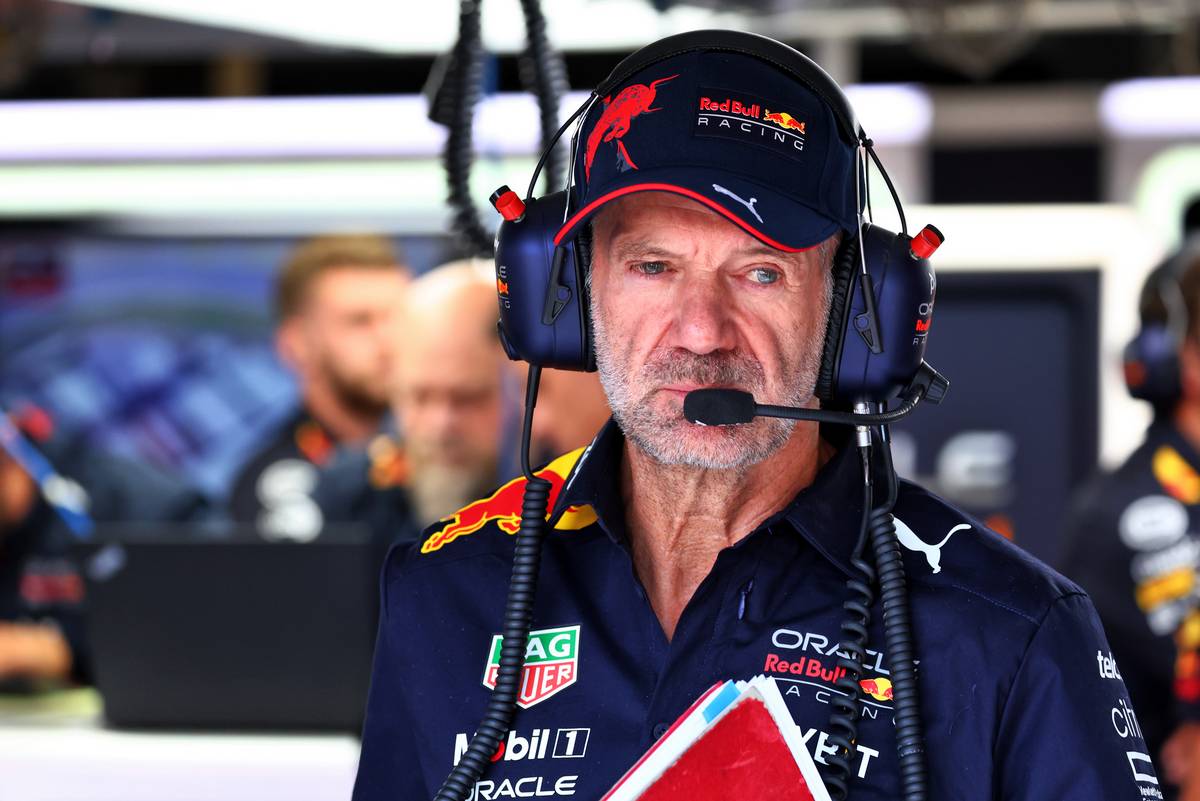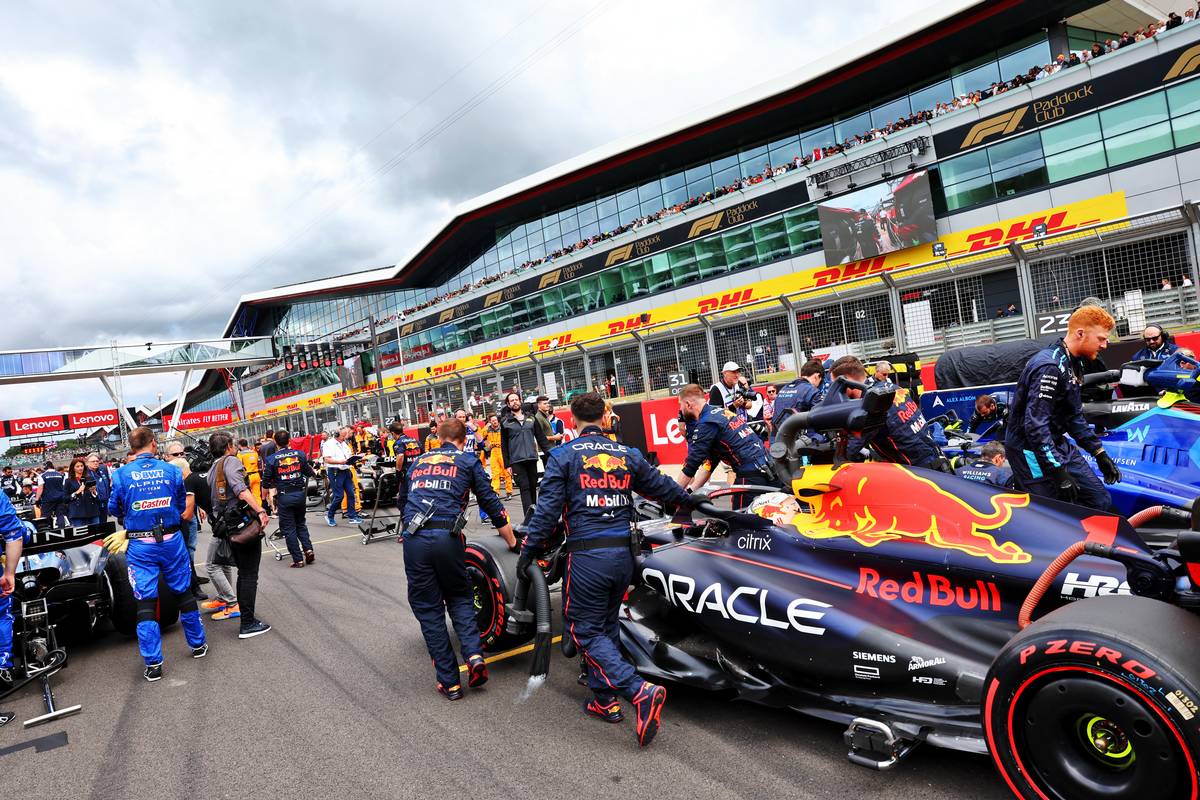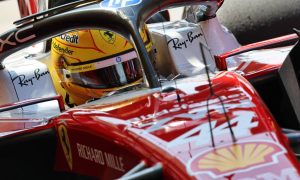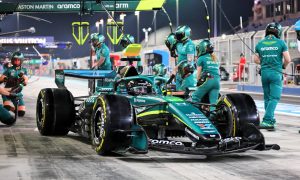
McLaren technical director James Key expects Red Bull to "pick its battles more carefully" while developing its car this season given the aero penalty imposed on the team following its cost cap breach.
Last year, in the wake of the FIA's audit of the teams' accounts, Red Bull was found guilty of exceeding its mandatory 2021 $145 million budget cap by $1.8 million.
Although the transgression was qualified as 'minor' by the FIA, the breach led to a $7 million financial penalty imposed on the team and to a sporting sanction represented by a 10% reduction in aerodynamic development hours.
The net result is that Red Bull will only have 63 per cent of the baseline testing allocation which allows 400 hours of wind tunnel time over 320 runs, with no more than two runs per day, compared to 75 per cent for Ferrari.
Red Bull chief technology officer Adrian Newey says the sanction will inevitably weigh on the development of the team's 2023 design.
"The reduction of internal testing means we can evaluate less: less different components, less different ideas," Newey explained.
“If we’re really smart and always put the right things on the model, then it doesn’t make much difference. But that’s not how it works.
"There are always some parts that you hope will work and don’t and vice versa. So it’s difficult. It’s a restriction for sure that will affect us."

His McLaren counter-part James Key offered his view on how he would approach the restrictions levied upon Red Bull.
"It is an interesting question," Key told the media. "You have to pick and choose your priorities that little bit more carefully, I suppose.
"If any of us had to take 10% less CFD and wind tunnel time, rather like we've dealt with over the years with the ATR [aerodynamic testing restrictions] getting heavier and heavier, now with the cost cap, you adapt to a situation and you play to your strengths.
"You think ‘Well, we've got a little bit less capacity here’, so to keep your development rate up, which is exactly what the intention would be, let's pick and choose that little bit more carefully.

"We haven't got the bandwidth that we have now, exactly as teams approached the ATR as it came in more and more over the years. You just adapt to try and get the best out of the situation.
"Then, I guess, as you pop back the following year, you probably carry some of that learning with you and you become a little bit more efficient.
"It will have a negative effect on any team. But the reality is you don't try and do the same as you did and then run out of time, or have to wait until you can get back into the next CFD and wind tunnel period you run.
"You adapt and you pick your battles a little bit more carefully."
Keep up to date with all the F1 news via Facebook and Twitter






